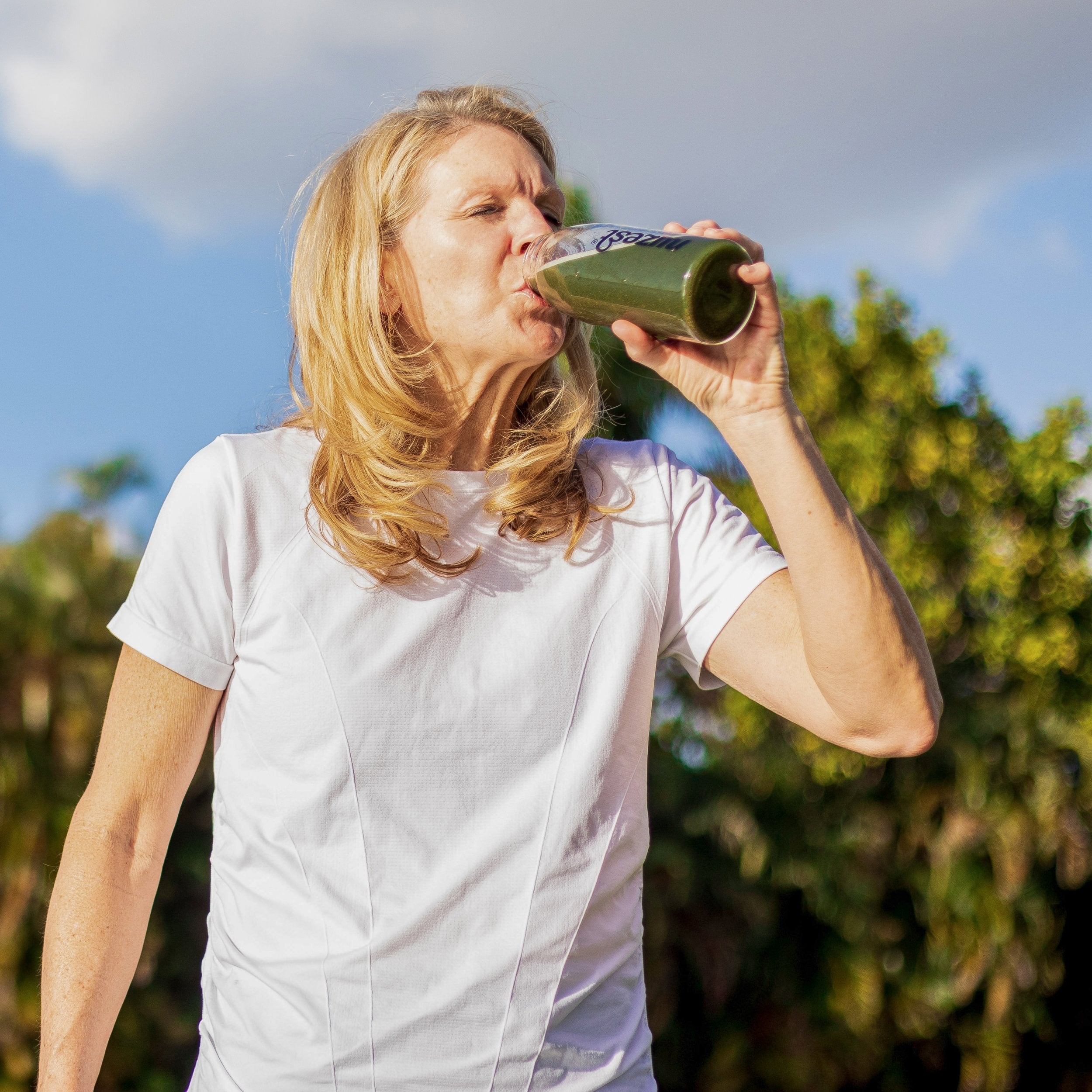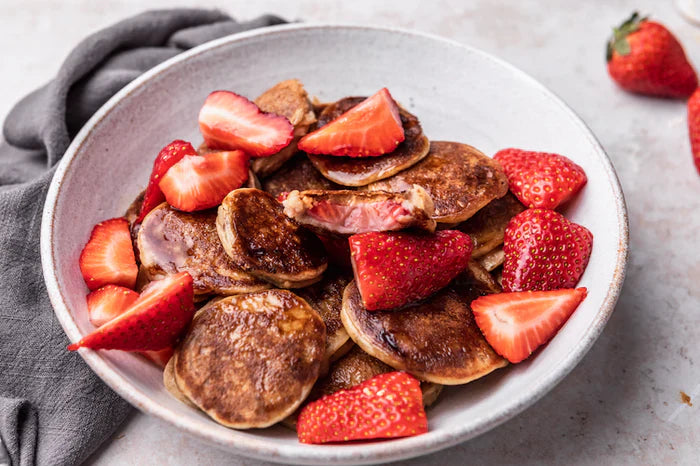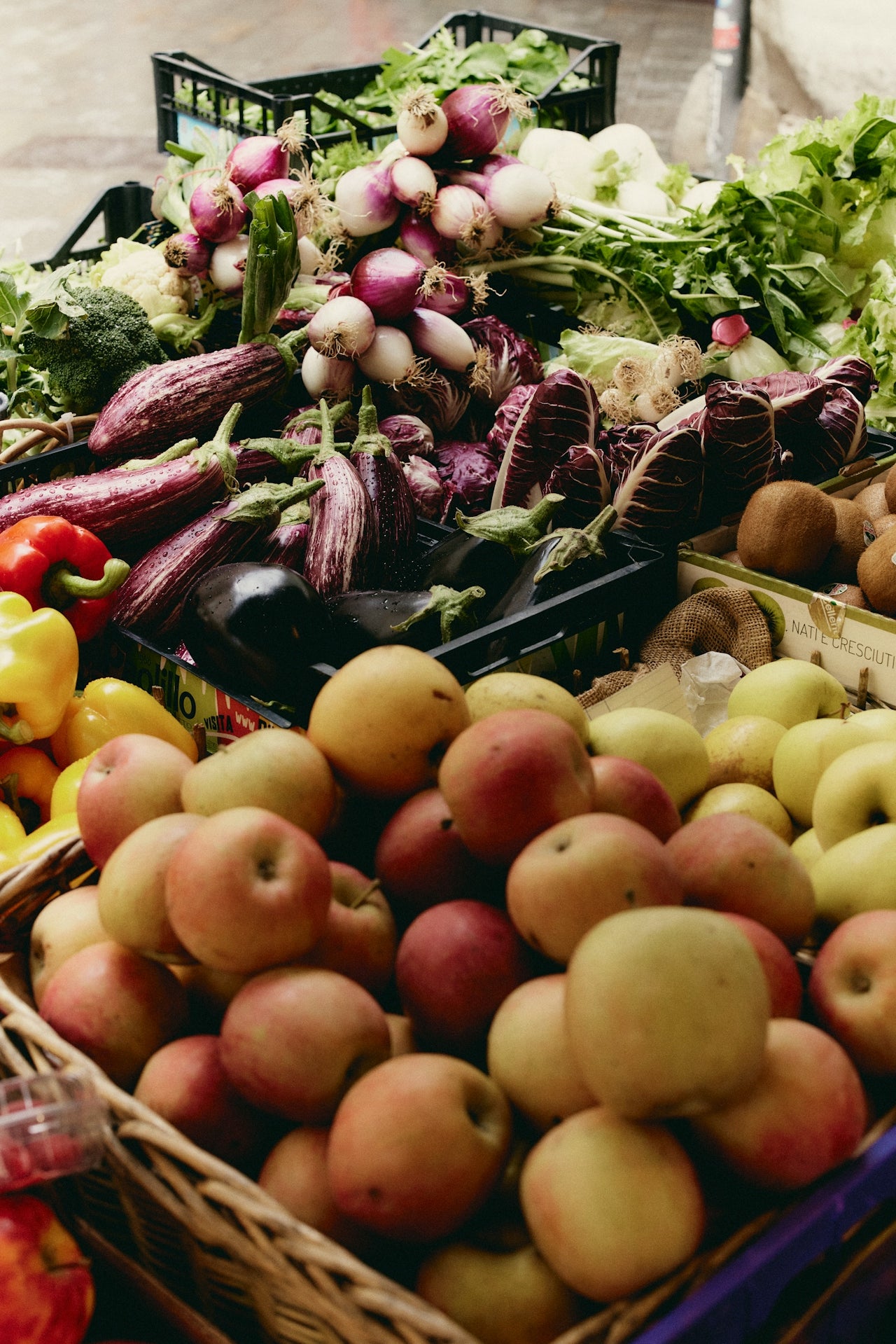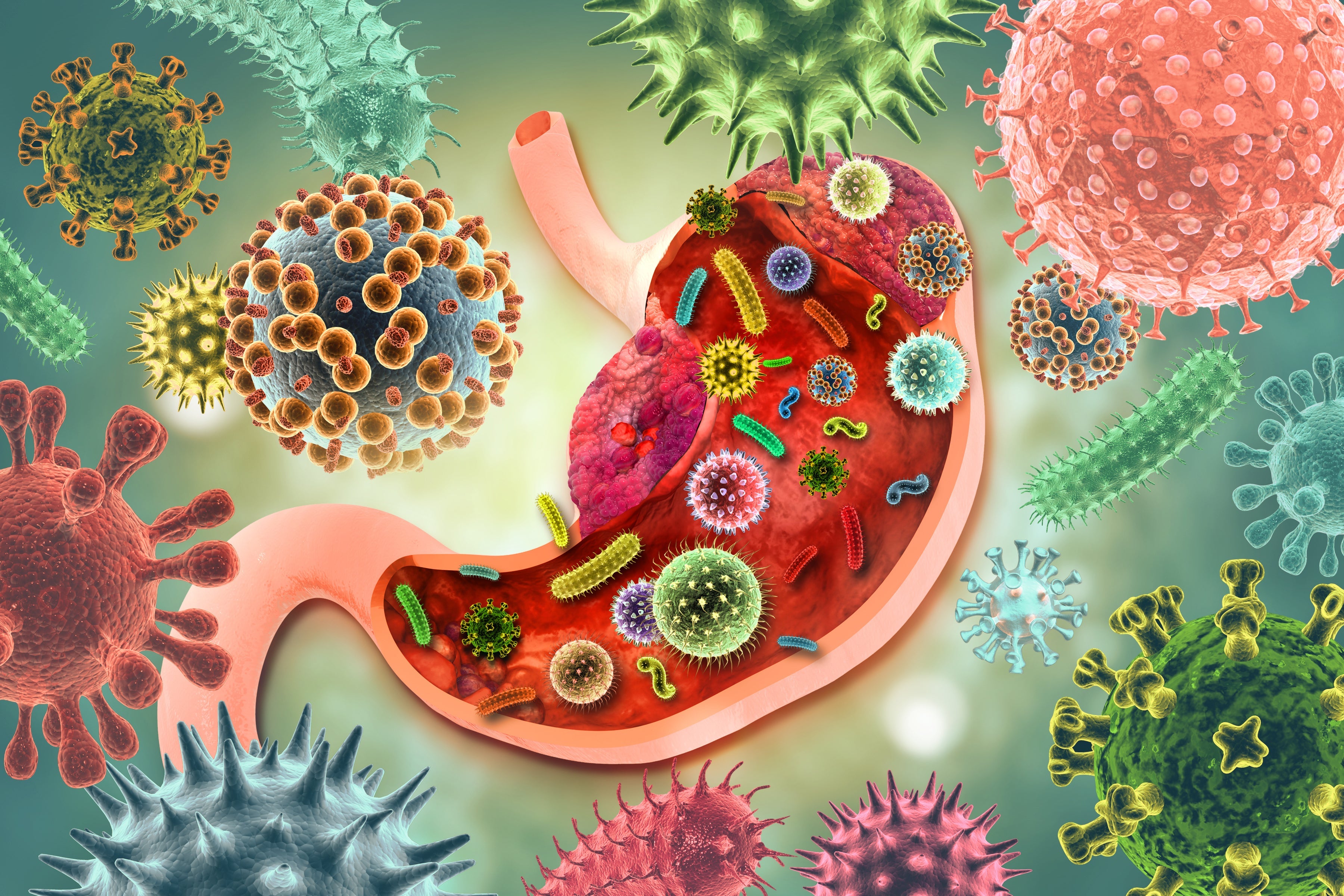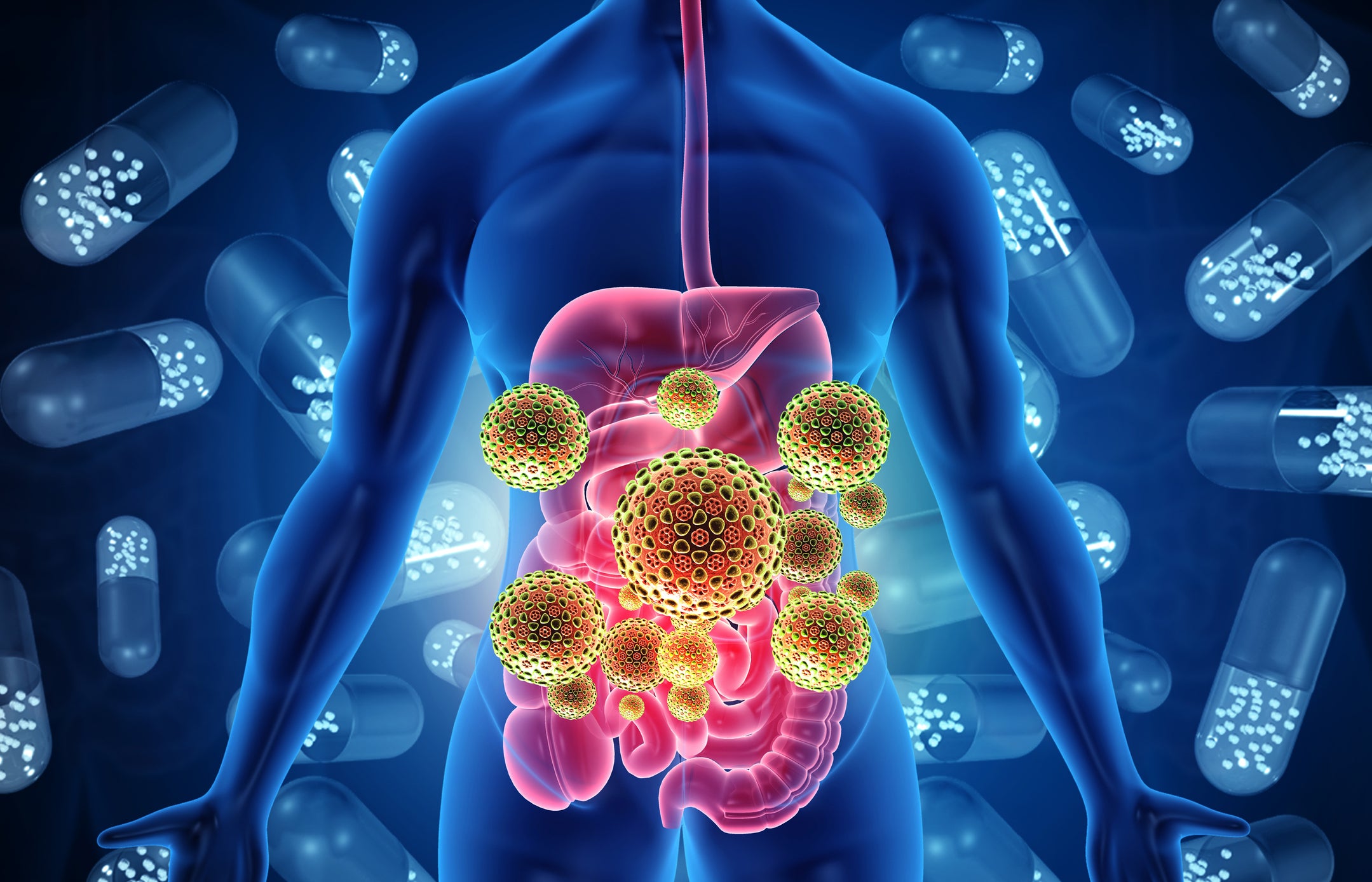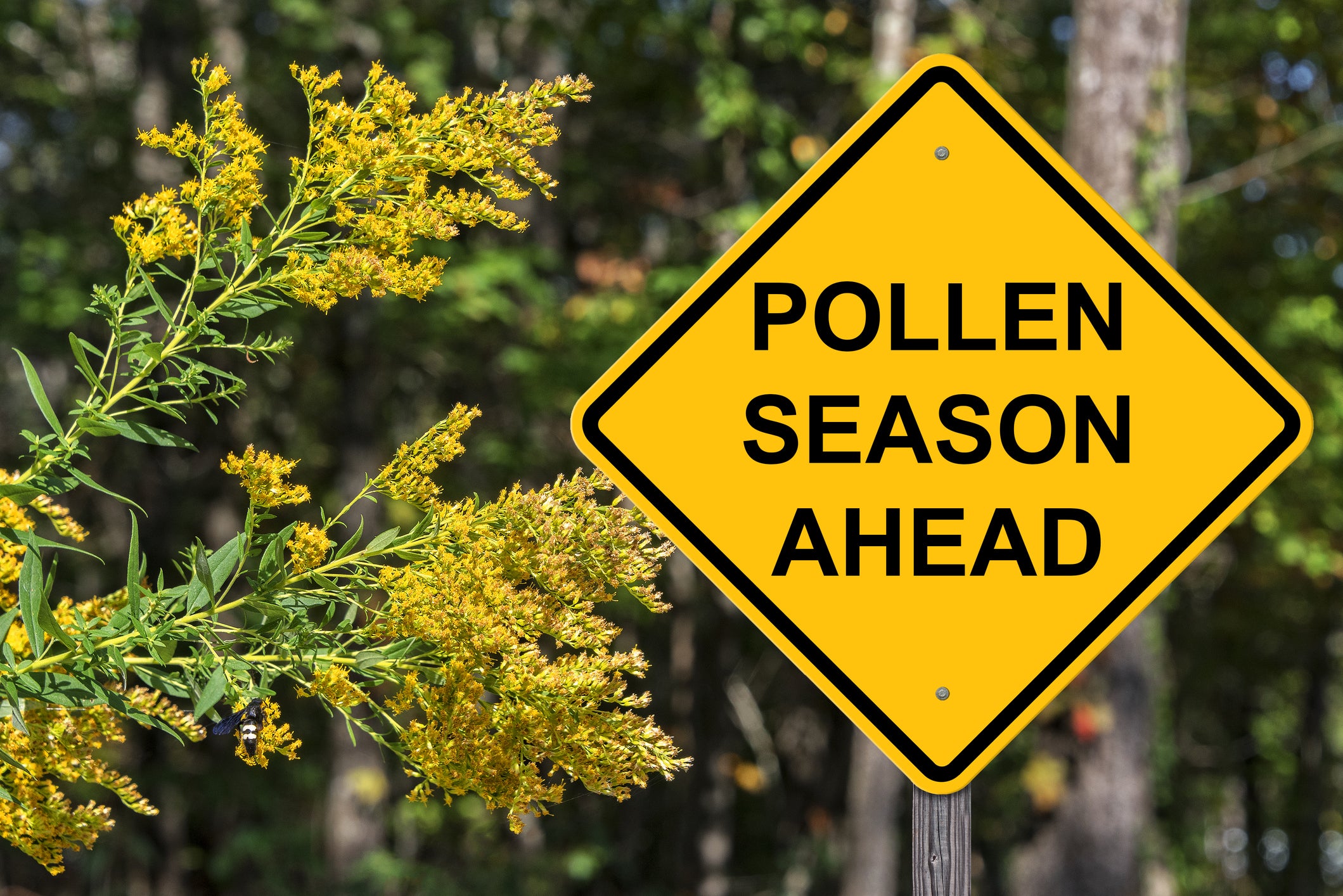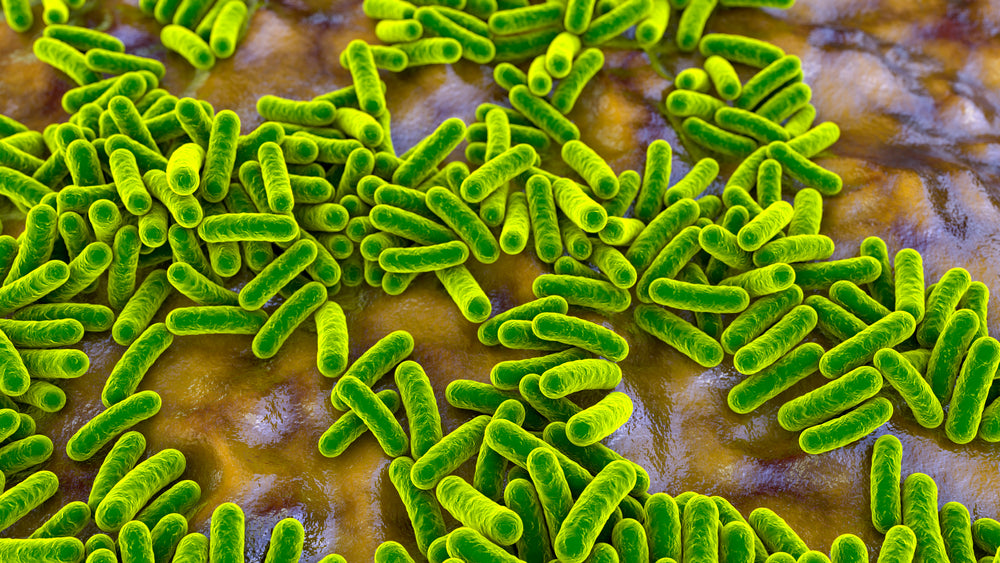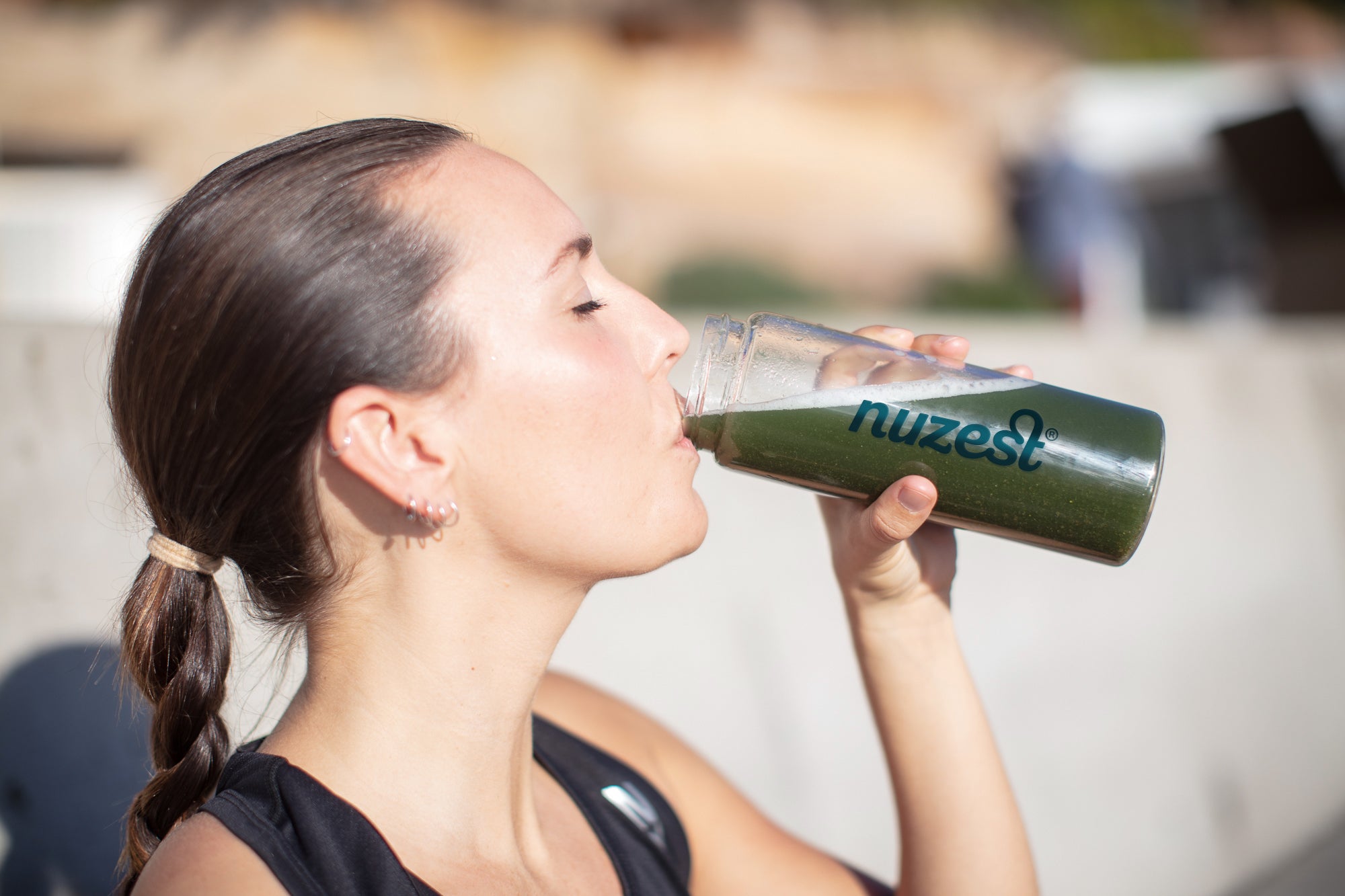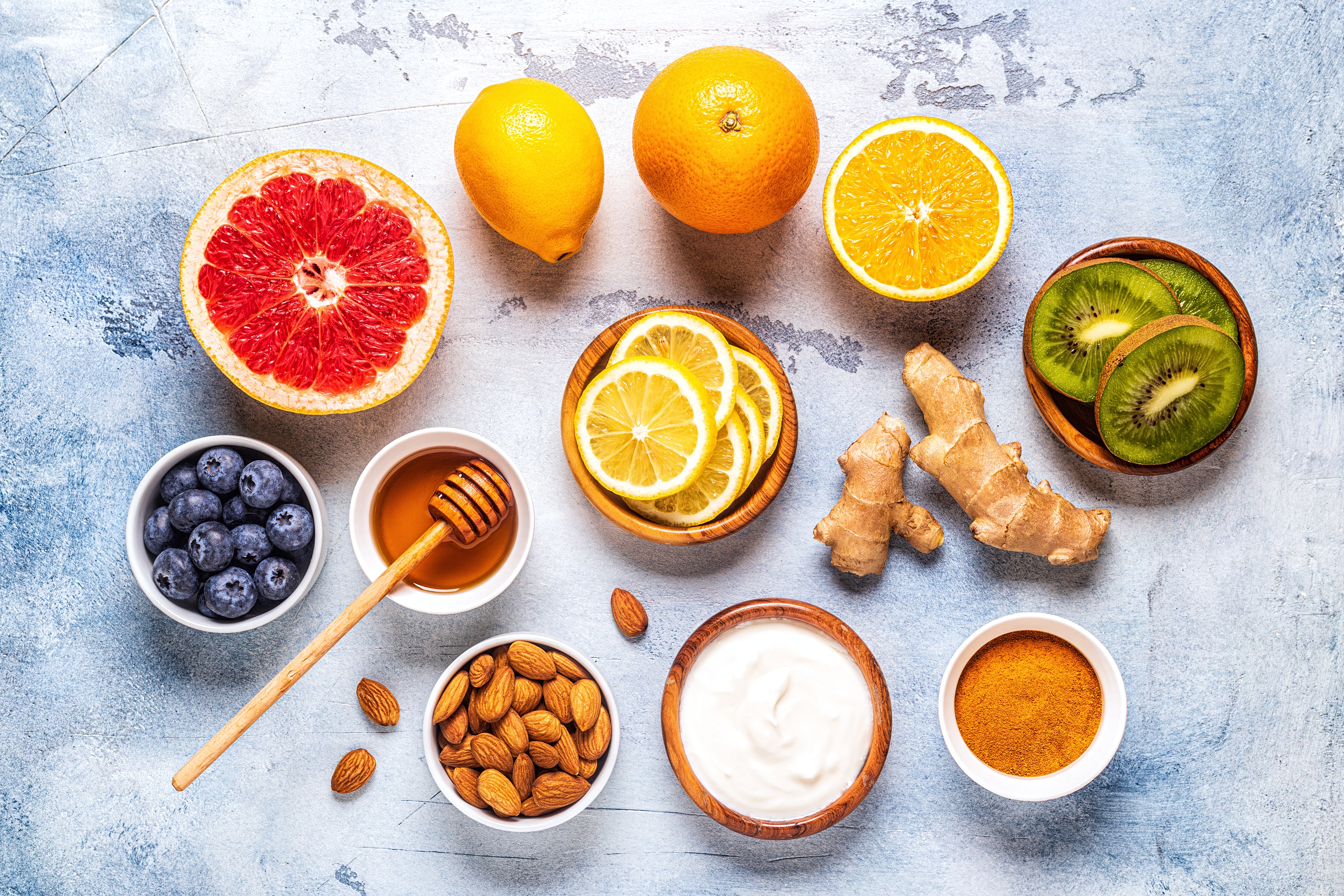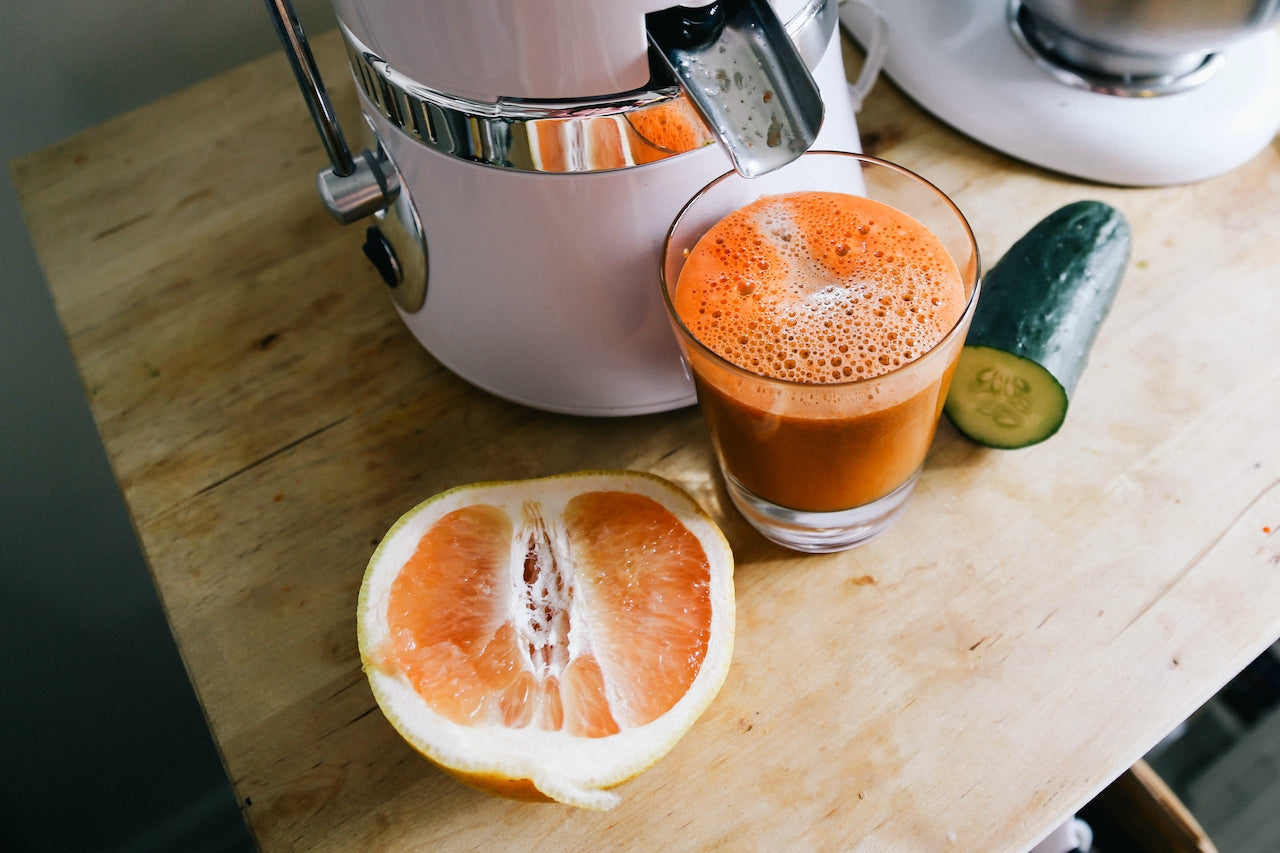AUTHOR: Cliff Harvey, PhD (Clinical Nutritionist & Researcher)
What is stevia?
Stevia originates from the plant Stevia rebaudiana, a perennial shrub originally native to Paraguay and Brazil in South America. The plant has been used traditionally for more than 1,500 years by the Guaraní peoples of South America who called it ka'a he'ê (“sweet herb”), and more widely for the last several hundred years in both Brazil and Paraguay.
The leaves of Stevia rebaudiana have been used to sweeten local teas, foods, and medicines, and have also been consumed as a sweet treat and medicine on their own. The herb was first described for botanical and medicinal purposes in the 19th century by the Swiss botanist Moisés Santiago Bertoni, and in the 20th century, the sweet-tasting glycosides that give stevia its sweet taste were isolated for other uses.
Stevia nutrition information
The active compounds in stevia are steviol glycosides; mostly stevioside and rebaudioside A. Stevia also contains more than 30 additional steviol glycosides, along with non-glycoside diterpenes, flavonoids, chlorogenic acids, and vitamins, many of which have antioxidant properties1. These steviol glycosides are approximately 30 to 300 times sweeter than sugar, depending on the particular glycoside2, and because the body does not metabolise these glycosides, stevia is also considered to be a zero-calorie sweetener.
Health benefits of stevia
While stevia is most commonly known as a non-calorific sweetener, it is also a herb with a long history of use for medicinal purposes, particularly as an antihypertensive (reducing blood pressure) and anti-hyperglycaemic (reducing blood sugar) agent. Stevia is purported to also have a variety of other health effects, ranging from anti-microbial, anti-fungal, anti-viral, and anti-bacterial actions, to antioxidant actions3,4.
Stevia preparations have exhibited anti-inflammatory, oral health-promoting, antihypertensive, and cancer-protective effects and they might help to regulate blood glucose through some combination of improved glucose uptake, and possibly by improving insulin sensitivity7.
The evidence for stevia
A thorough review by The Natural Standard Research Collaboration ranked the scientific evidence as ‘good’ (‘B’) for the use of stevia for hypertension (high blood pressure) and ‘Unclear’ (‘C’) for hyperglycaemia (high blood sugar).8
Other reviews of clinical trials have yielded additional benefits including:
- Anti-inflammatory effects9 (reduced TNF-α, interleukin6, interleukin 1β, and interleukin10)
- Improved blood glucose control9 (improved post-meal glucose levels when the meal contained stevia)
- Improved satiety9 (patients do not compensate with more calories, versus when fed with sugar)
- Significant improvements in systolic blood pressure10
- Significant improvements in diastolic blood pressure11
Stevia and diabetes
Research indicates that stevia may be a safe and effective way to help manage blood glucose levels in people with type 2 diabetes. Some clinical trial have reported significant reductions in blood glucose where type 2 diabetic patients were fed meals supplemented with stevia9. These findings indicate that stevia may help to maintain normal blood glucose levels if you have diabetes.
Stevia and oral health
As stevia is anti-bacterial it may have implications for oral health. Despite being sweeter than sugar, it offers a non-calorie sweetening option free-from sugar and other carbohydrates that can feed pathogenic bacteria. In vitro research has shown that stevia extracts have antibacterial activity against Streptococcus mutans and Streptococcus sobrinus, which are associated with tooth decay. Stevia may also help to reduce plaque formation by helping to inhibit bacterial biofilm formation12, thus it’s considered to be a non-cariogenic sweetener13 (i.e. does not increase dental decay).
Is stevia safe?
Perhaps the most interesting observation to have been reported is that there have been no adverse effects recorded over the many hundreds of years of use by Paraguayans14. On a biochemical level, the various steviol glycosides (i.e. stevioside, rebaudioside A and rebaudioside C) are metabolised and essentially leave the body without accumulation. Studies have shown that steviol glycosides found in stevia are not teratogenic (ie. they don’t cause physical or functional abnormality following fetal exposure during pregnancy), mutagenic or carcinogenic and cause no acute and subacute toxicity2,15,16.
Some earlier in vitro research had suggested that there might be some genotoxic (DNA damage) effects from stevia. However, the vast majority of scientific findings show no evidence of genotoxic activity and stevioside has not been shown to react directly with DNA or demonstrate genotoxic damage relevant to human risk17. The mutagenic activity of steviol and some of its derivatives, that had been demonstrated in a particular strain of bacteria (Salmonella typhimurium TM677)18, was not reproduced in the same bacteria having normal DNA repair processes. The only positive in vivo study showing DNA damage in Wistar rat tissue by stevioside was not confirmed in subsequent experiments and appears to be a result of differing measurements rather than actual damage to DNA17.
In any event, steviol and steviosides do not produce chromosomal damage or effects even at extremely high dose levels. In vivo reviews of the potential genotoxicity of stevia have concluded that it does not pose a risk of genetic damage following human consumption17.
Scientific analyses have also shown that daily oral intakes of 5mg/kg of body weight are safe, non-toxic and neither carcinogenic (cancer-causing) nor mutagenic14. A safety assessment in a review by The Natural Standard Research Collaboration suggested that 750-1500mg per day were likely to be safe in healthy and hypertensive adults. In the same review, caution was suggested for those with kidney disease, hypotension (low blood pressure), hypocalcaemia (low blood calcium levels), and hypoglycaemia (low blood glucose levels) due to insufficient evidence. Evidence for any harm resulting from stevia use for these conditions is equally lacking8.
Stevia is also stable at temperatures up to 200°C4.
Stevia side-effects: allergy risk
Because stevia arises from the Asteracae/Compositae (daisy) family, those with known allergies to daisies and related plants should exercise caution with its use8. Reviews indicate that there have been no reports of allergy from stevioside use15.
Stevia has a very long history of use both as a sweetener and as a medicine, with no adverse effects having been reported over thousands of years of use, and no toxicity demonstrated in modern, scientific trials.
Stevia is non-cariogenic and non-calorific and so, offers benefits when compared to other sweeteners for oral health. While further research is needed to provide conclusive evidence for the medicinal use of stevia in weight management, diabetes and other health issues, it appears likely that there are (albeit small) benefits to blood pressure.
Overall, based on the available evidence, stevia is a safe and effective non-calorie sweetener that may also offer other health benefits.
References
- Wölwer-Rieck U. The Leaves of Stevia rebaudiana (Bertoni), Their Constituents and the Analyses Thereof: A Review. Journal of Agricultural and Food Chemistry. 2012;60(4):886-95.
- Abbas Momtazi-Borojeni A, Esmaeili S-A, Abdollahi E, Sahebkar A. A Review on the Pharmacology and Toxicology of Steviol Glycosides Extracted from Stevia rebaudiana. Current Pharmaceutical Design. 2017;23(11):1616-22.
- Hanrahan R. Stevia rebaudiana: more than a sweetener: a review of scientific research. Australian Journal of Medical Herbalism. 2003;15(2):41.
- Lemus-Mondaca R, Vega-Gálvez A, Zura-Bravo L, Ah-Hen K. Stevia rebaudiana Bertoni, source of a high-potency natural sweetener: A comprehensive review on the biochemical, nutritional and functional aspects. Food Chemistry. 2012;132(3):1121-32.
- Mathur S, Bulchandani N, Parihar S, Shekhawat GsS. Critical Review on Steviol Glycosides: Pharmacological, Toxicological and Therapeutic Aspects of High Potency Zero Caloric Sweetener. International Journal of Pharmacology. 2017;13:916-28.
- Ranjbar T, Masoumi SJ. The Effect of Stevia Rebaudiana on Nonalcoholic Fatty Liver Disease (NAFLD): A Review. International Journal of Nutrition Sciences. 2018;3(1):2-6.
- Kurek JM, Krejpcio Z. The functional and health-promoting properties of Stevia rebaudiana Bertoni and its glycosides with special focus on the antidiabetic potential – A review. Journal of Functional Foods. 2019;61:103465.
- Ulbricht C, Isaac R, Milkin T, Poole EA, Rusie E, Grimes Serrano JM, et al. An evidence-based systematic review of stevia by the Natural Standard Research Collaboration. Cardiovascular & hematological agents in medicinal chemistry. 2010;8(2):113-27.
- Mohd-Radzman NH, Ismail WIW, Adam Z, Jaapar SS, Adam A. Potential roles of Stevia rebaudiana Bertoni in abrogating insulin resistance and diabetes: a review. Evidence-Based Complementary and Alternative Medicine. 2013;2013.
- Anker CCB, Rafiq S, Jeppesen PB. Effect of Steviol Glycosides on Human Health with Emphasis on Type 2 Diabetic Biomarkers: A Systematic Review and Meta-Analysis of Randomized Controlled Trials. Nutrients. 2019;11(9):1965.
- Onakpoya IJ, Heneghan CJ. Effect of the natural sweetener, steviol glycoside, on cardiovascular risk factors: A systematic review and meta-analysis of randomised clinical trials. European Journal of Preventive Cardiology. 2015;22(12):1575-87.
- Contreras MS. Anticariogenic properties and effects on periodontal structures of Stevia rebaudiana Bertoni. Narrative review. Journal of Oral Research. 2013(3):158-66%V 2.
- Ferrazzano GF, Cantile T, Alcidi B, Coda M, Ingenito A, Zarrelli A, et al. Is Stevia rebaudiana Bertoni a non cariogenic sweetener? A review. Molecules (Basel, Switzerland). 2016;21(1):38.
- González C, Tapia M, Pérez E, Pallet D, Dornier M. Main properties of steviol glycosides and their potential in the food industry: a review. Fruits. 2014;69(2):127-41.
- Geuns JM. Stevioside. Phytochemistry. 2003;64(5):913-21.
- Yadav SK, Guleria P. Steviol Glycosides from Stevia: Biosynthesis Pathway Review and their Application in Foods and Medicine. Critical Reviews in Food Science and Nutrition. 2012;52(11):988-98.
- Brusick DJ. A critical review of the genetic toxicity of steviol and steviol glycosides. Food and Chemical Toxicology. 2008;46(7, Supplement):S83-S91.
- Terai T, Ren H, Mori G, Yamaguchi Y, Hayashi T. Mutagenicity of steviol and its oxidative derivatives in Salmonella typhimurium TM677. Chemical & pharmaceutical bulletin. 2002;50(7):1007-10.





